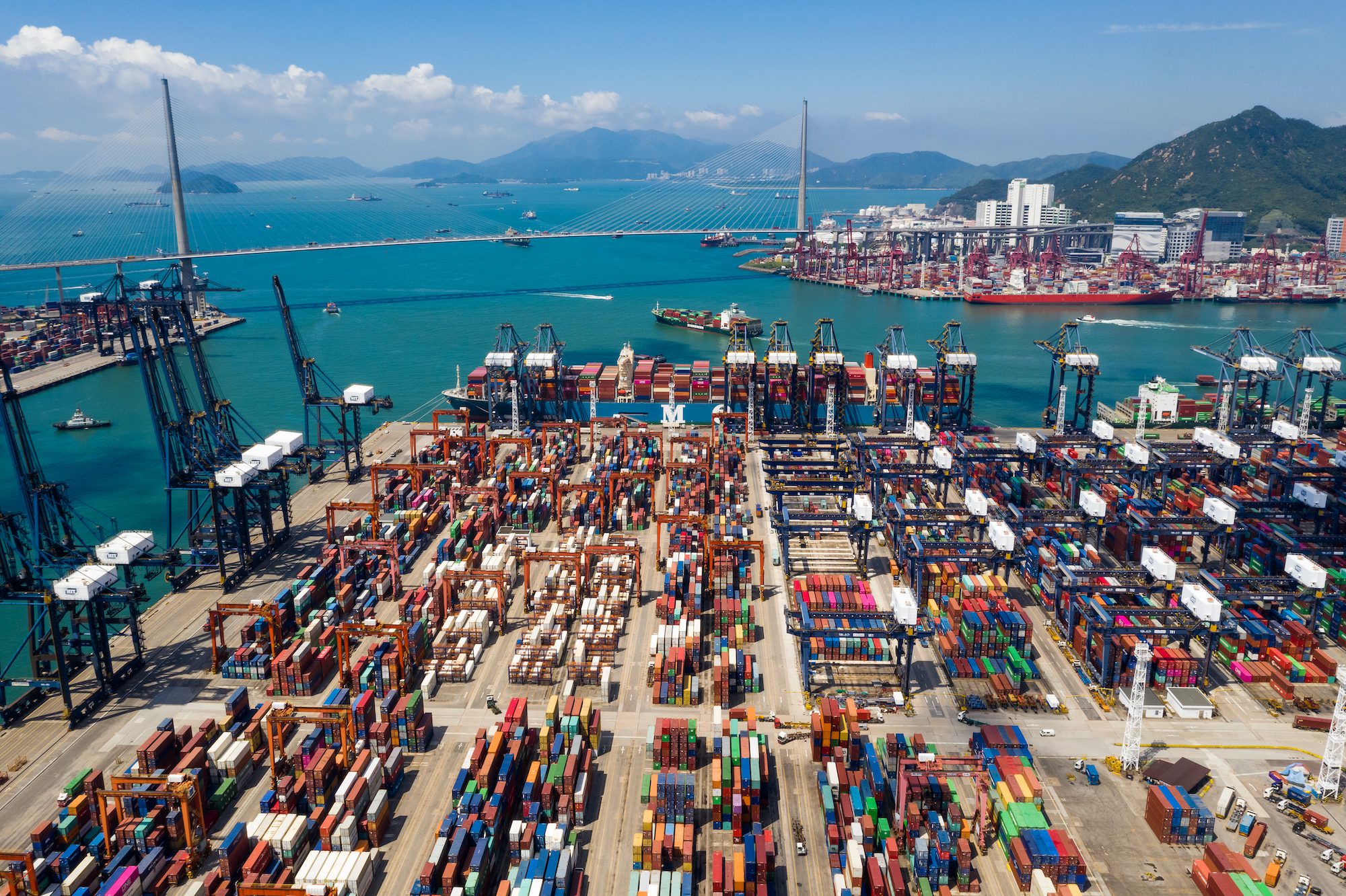The White House issued its fact sheet detailing the scope of the agreements reached with China during the meeting between the two countries’ presidents and discussions among the staff to make the agreements actionable. As reported last week, the U.S. and China will suspend the special port fees introduced against each other’s ships, as well start large agricultural shipments to China.
The United States confirmed it will suspend, starting on November 10, for one year, the fees under the Section 301 investigation launched against China’s shipbuilding industry and its effort to dominate the maritime sector. The U.S. Trade Representative had ruled that China was following unfair business practices and subsidizing shipbuilding to the detriment of U.S. trade. The U.S. program imposed fees on China-built, owned, or operated ships as well as all foreign car carriers. It was also designed to drive more LNG exports onto U.S. vessels.
China had previously announced that when the U.S. suspended its fees, China it would also suspend the reciprocal special port fees that it had also introduced on U.S. ships or U.S. investment in shipping. This had prompted Maersk to divert ships to Korea and to implement transshipping for China-bound containers. Some cruise ships with companies based in the United States also skipped scheduled port calls in China.
The U.S. said it would negotiate with China about the findings of the Section 301 investigation. The program also includes China’s dominance in the port container crane business and other port equipment.
The White House emphasized that while it agreed to suspend the port fees, it remains committed to the efforts to revitalize American shipbuilding. The statement highlights the agreements with South Korea and Japan for investment in the U.S. shipbuilding sector.
The U.S. said China would also “remove sanctions imposed on various shipping entities.” The specifics are unclear, but China had sanctioned four U.S. divisions of Hanwha Ocean, reportedly for the company’s support of the USTR program. It critically cut off access to Chinese component suppliers to Hanwha’s U.S. shipbuilding.
Beyond the suspension of the port fees, U.S. ports and the shipping sector should benefit from trade agreements for the export of U.S. agricultural products. The White states that China has agreed to purchase at least 12 million metric tons of U.S. soybeans during the last two months of 2025 and an additional 25 million metric tons in each of 2026, 2027, and 2028. China will also resume purchases of sorghum and hardwood logs.
The trade agreements between the two countries also reduce or delay some U.S. tariffs, and the broader trade negotiations continue.





